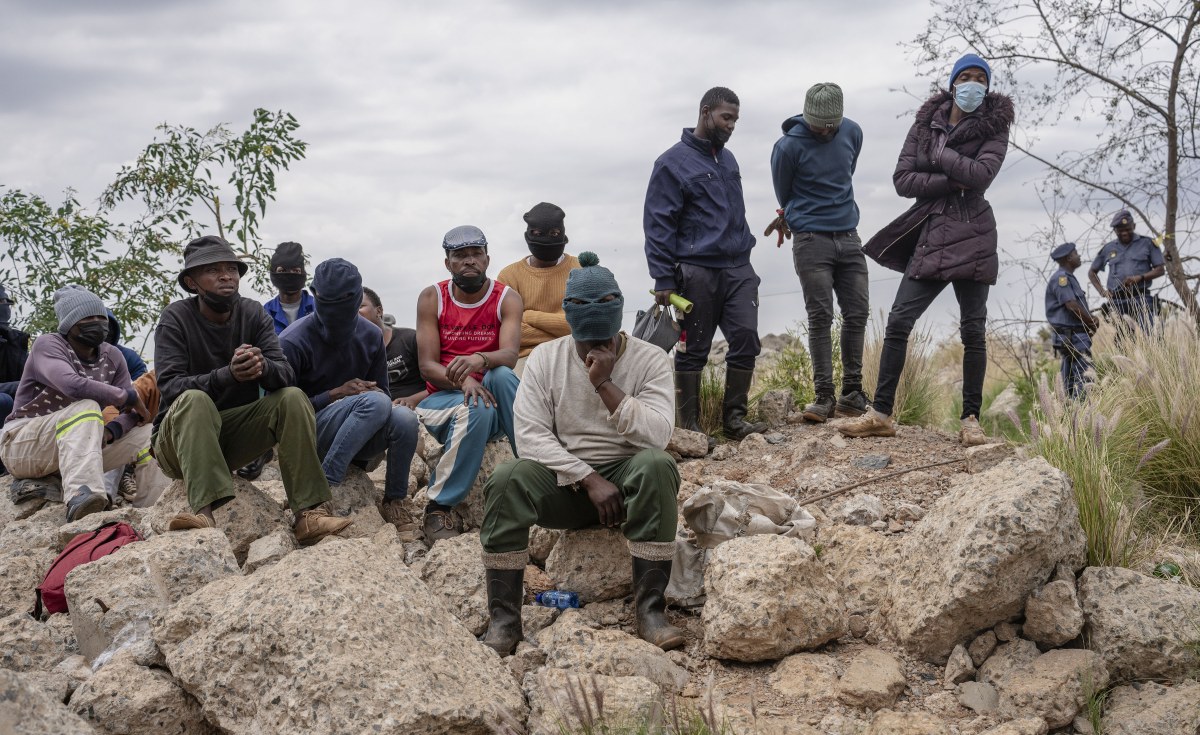The government must channel part of the second tranche $600 million of the International Monetary Fund (IMF) funding to complete abandoned road infrastructural projects.
That, according to the Director of the Institute of Statistical Social and Economic Research (ISSER) of the University of Ghana, Professor Peter Quartey, would help to address the infrastructure challenges facing the country and facilitate transport and movement of goods and services.
He was speaking during ISSER’s review of the 2024 Budget Statement and Economic Policy of the government in Accra yesterday, which was conducted by an 11-member team of academics from the institute.
The programme was supported by adb and Stanbic Bank.
They are Prof. Peter Quartey, Professor Isaac Osei-Akoto, Professor Augustine Fosu, Prof. Charles Ackah, Professor Festus Ebo Turkson, Dr Ama Fenny, Dr Andrew Agyei-Holmes, Dr Richmond Atta-Ankomah, Dr Ralph Armah, Dr Naa Ama-Asante-Poku, and Dr Gloria Afful-Mensah.
Prof. Quartey in a presentation on the 2024 budget said, the abandoned road infrastructural projects would be more expensive if they were not completed.
“Road is very significant as it goes to key and production areas. So once the roads are good, you are connected and would enhance production and distribution and reduce the amount of time people spend in traffic,” he stated, as some of the economic benefits of improved road network.
Prof. Quartey said the bad road infrastructure had huge economic cost, as it created traffic, pollution, retarded productivity and increased fuel consumption.
Turning his focus on the budget, he said the 2024 budget was “modest since the government was making efforts not to overspend in 2024.”
He averred that the IMF programme was not a panacea to the country’s economic woes and prudent spending and effective revenue mobilisation would help the country overcome the current economic challenges.
Among a raft of suggestions, the Director of ISSER entreated the government to put measures in place in raise more tax revenue to finance the budget and development projects in the country.
According to Prof. Quartey, property rates and roping in the informal sector workers into the tax net would help boost government revenue mobilisation.
The government intends to raise about GH¢176.4 billion next year and at the same period spend GH¢226.7 billion much of government revenue would be raised through domestic sources.
Professor Quartey said the government’s focus on Treasury Bills and Bonds to finance the budget and its programmes did not augur well for the economy and private sector, saying it would crowd out the private sector.
He said the road tolls should be brought back to help government raise revenue to improve road infrastructure in the country.
Prof. Quartey said the government must invest more financial resources in the real sector of the economy such as agriculture, services and industry to create more jobs to spur the growth of the economy.
He entreated the government to put measures in place to ensure better implementation of the Planting for Food and Jobs 2.0.
Prof. Quartey said the government, under the project, should support the production of cereal, grains and meat, which the country had the capacity to produce to reduce their importation.
He also suggested that the free Senior High School policy should be reviewed to ensure proper implementation.
The Director of ISSER also called for alternative sources of funding for the National Health Insurance Scheme and suggested an Endowment Fund could be created to raise revenue for the scheme and the private sector could also help raise financial resources for the scheme.










